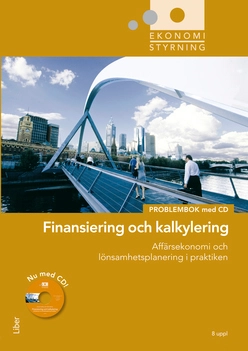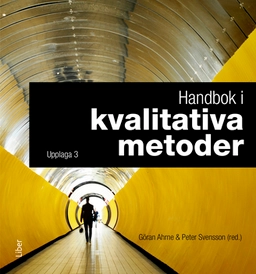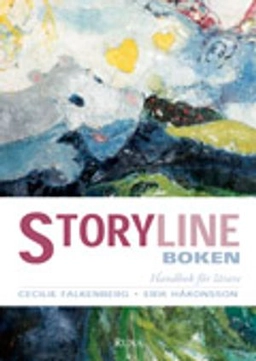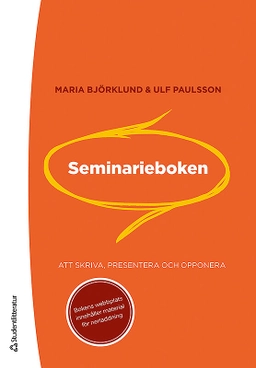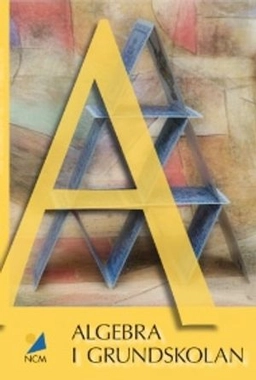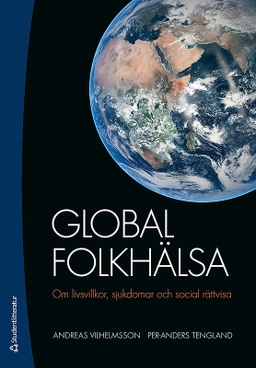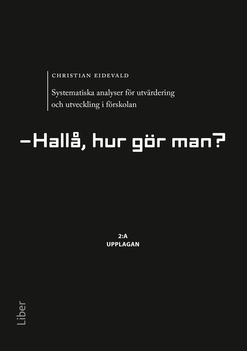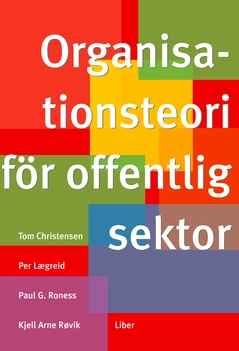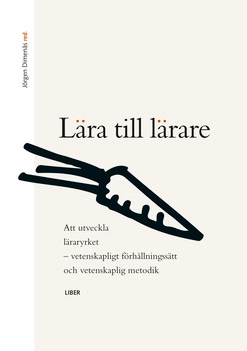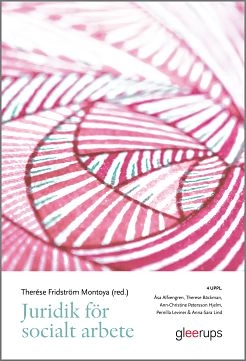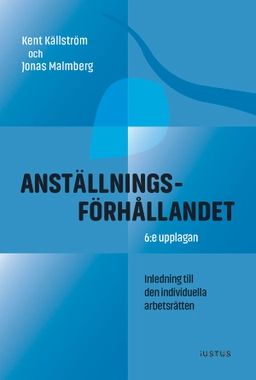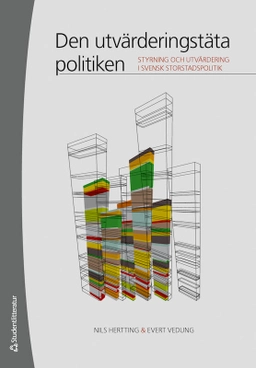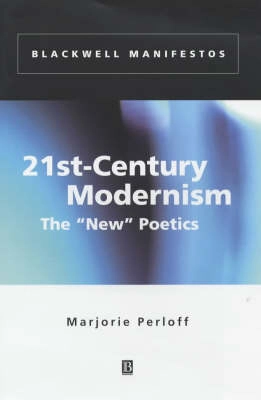

21st-century modernism - the new poetics
- Utgiven: 2001
- ISBN: 9780631219705
- Sidor: 232 st
- Förlag: Blackwell Publishers
- Format: Häftad
- Språk: Engelska
Om boken
Åtkomstkoder och digitalt tilläggsmaterial garanteras inte med begagnade böcker
Mer om 21st-century modernism - the new poetics (2001)
I december 2001 släpptes boken 21st-century modernism - the new poetics skriven av Marjorie Perloff. Den är skriven på engelska och består av 232 sidor djupgående information om litteraturvetenskap. Förlaget bakom boken är Blackwell Publishers.
Köp boken 21st-century modernism - the new poetics på Studentapan och spara pengar.
Tillhör kategorierna
Referera till 21st-century modernism - the new poetics
Harvard
Oxford
APA
Vancouver

